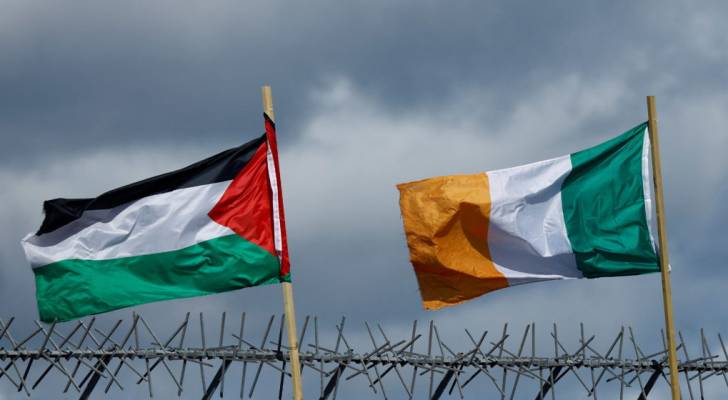Ireland to boycott Eurovision if ‘Israel’ competes
Ireland's national broadcaster, Raidió Teilifís Éireann (RTÉ), has announced it will not participate in the 2026 Eurovision Song Contest if ‘Israel’ remains a competitor.
The conditional withdrawal, made in an official statement on Thursday, cites the "ongoing and appalling loss of lives in Gaza" and states that participation would be "unconscionable".
Read more: Countries threaten Eurovision boycott over 'Israel’s' participation
RTÉ's decision follows mounting pressure from within the organization and from pro-Palestine campaigners in Ireland, a country with a long-standing history of public and political support for Palestine.
The broadcaster's statement specifically referenced its concern over "the targeted killing of journalists in Gaza, and the denial of access to international journalists to the territory".
The move places the European Broadcasting Union (EBU), the contest’s organizer, in an increasingly difficult position.
The EBU, which has a stated "non-political" mandate, is now facing a coordinated challenge from a number of member nations. Ireland is the latest country to signal a potential boycott, joining Spain, Slovenia, and Iceland, all of which have stated their intention to withdraw if ‘Israel’ participates.
The EBU’s predicament is compounded by a counter-threat. Broadcasters from Germany and Italy, both major financial contributors to the contest, have reportedly threatened to withdraw if ‘Israel’ is excluded.
The crisis has intensified accusations of "double standards" against the EBU. Critics note that the organization initially said it would allow Russia to compete in 2022 after its invasion of Ukraine but reversed its decision and banned the country just one day later after a wave of threats to boycott the event from other broadcasters.
For now, the EBU is consulting with all its members and has extended the deadline for broadcasters to confirm their participation until mid-December without financial penalty.




